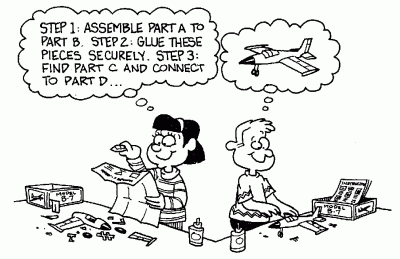Part 3 of 3
This is the conclusion to our 2017 November-December legislative effort.
By following these templates and sending your emails to your legislators, you have begun to build a credible relationship with your senator and representatives. Your actions are crucial to our group effort to draw attention to the new bills that will be introduced in January to reinstate gifted education funding.
Stay tuned for additional templates that will be posted here once the legislative session starts in January. TOGETHER we can make a difference. We hope 2018 is the year when gifted education in Arizona will receive state funding.
OUR GOAL
Contact your legislatitors at least three times before the December holidays and encourage them to restore funding for Gifted Education. Below you will find template #3. Click here to find the contact information for your representative. Send this email by Friday, December 15th.
If you missed any part of this series, click below for templates and send your email(s) ASAP, before the end of December.
Parent Preparation & Learning
The National Association for Gifted Children has a brief collection of myths which include rebuttals based on simple facts. What myths have you encountered? Click here to peruse the common myths that surround gifted education.
Template 3 of 3
Subject line: Let your email subject line contain "support" and "gifted education" in a manner of your choosing.
Greeting: Dear Senator/Representative ________________ (Send three separate emails, one to your senator and one each to your two representatives.)
First paragraph: After you have familiarized yourself with the common myths that surround gifted education, choose one that you identify with. In your first paragraph share the myth and your brief personal encounter with it. Example ...
I am the parent of a gifted child. A few years ago I had a principal get offended when I tried to explain giftedness to her. "Every child is gifted," the principal said and would not allow us to discuss it further. I was not angry, only deeply frustrated and disappointed. Her response is actually typical for those who don't understand giftedness. Yet, how will principals know how to hire qualified teachers for their gifted students if they themselves don't understand giftedness? Since that conversation I have learned more about explaining giftedness and wish I could go back in time and visit with this principal again.
Second paragraph: Let this include the rebuttal of the myth you chose. State that by funding gifted education, schools and districts can educate their communities about the truths of gifted education and gifted children can receive the services that address their learning differences.
I would explain my deep belief that ALL children have gifts and talents whether or not they receive gifted education services just like ALL children are special, whether or not they receive special education services. Here in Arizona the term "gifted" is to "gifted education" as "special" is to "special education." It is a legislative and diagnostic term to describe learning differences caused by neuro-diversity. Both special education (A.R.S. 15-764) and gifted education (A.R.S. 15-799) are mandated by state law; however, gifted education has been unfunded in Arizona since 2009. If gifted education were funded, more principals and teachers could be trained in supports for the learning differences and growth of gifted students.
I'm writing to ask for your support to reinstate gifted education funding. Gifted children learn differently and by supporting their learning differences you are investing in Arizona's intellectual capital. Thank you for your time and efforts on behalf of our community.
Sincerely,
Your name
Active Voter in Legislative District # ___











